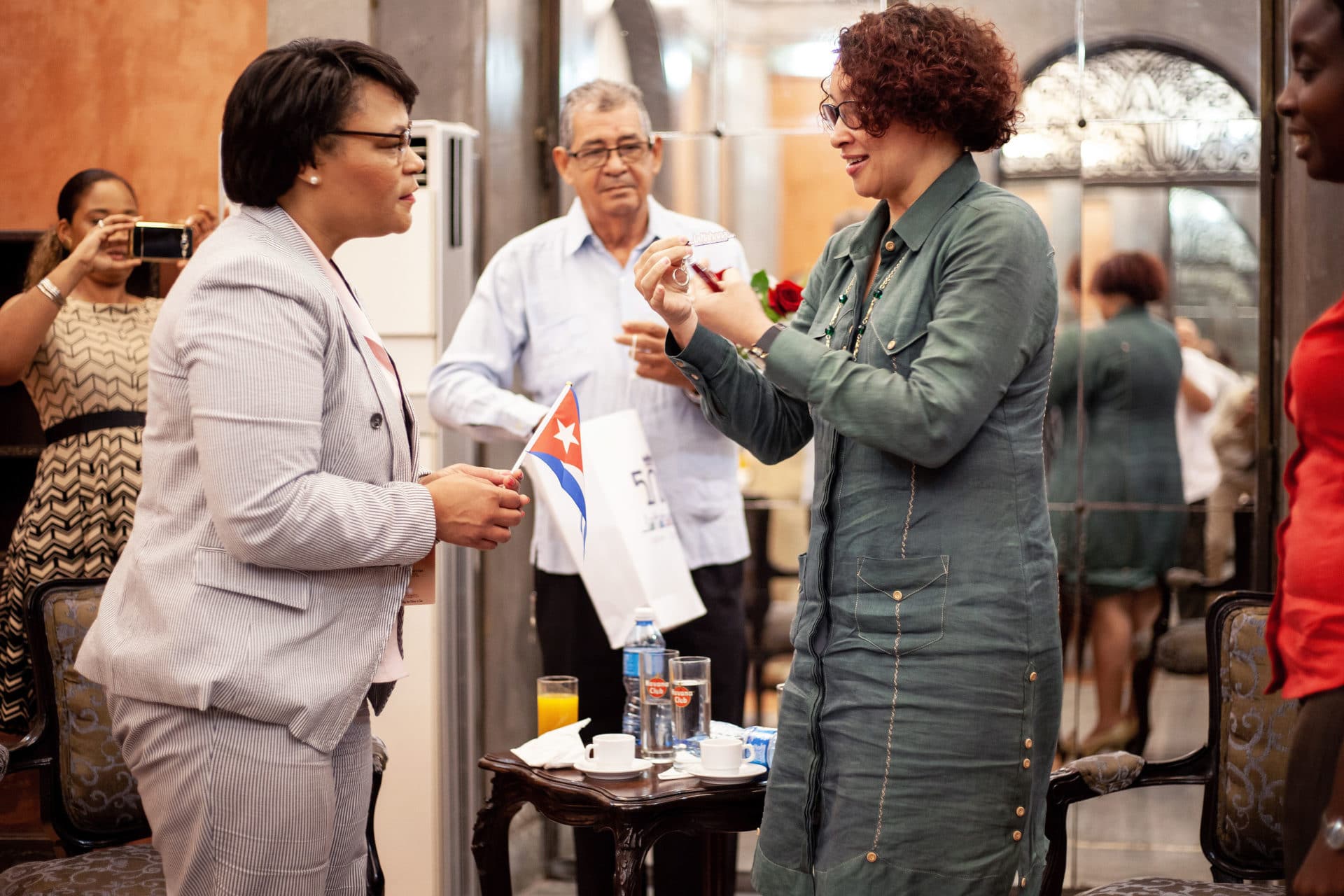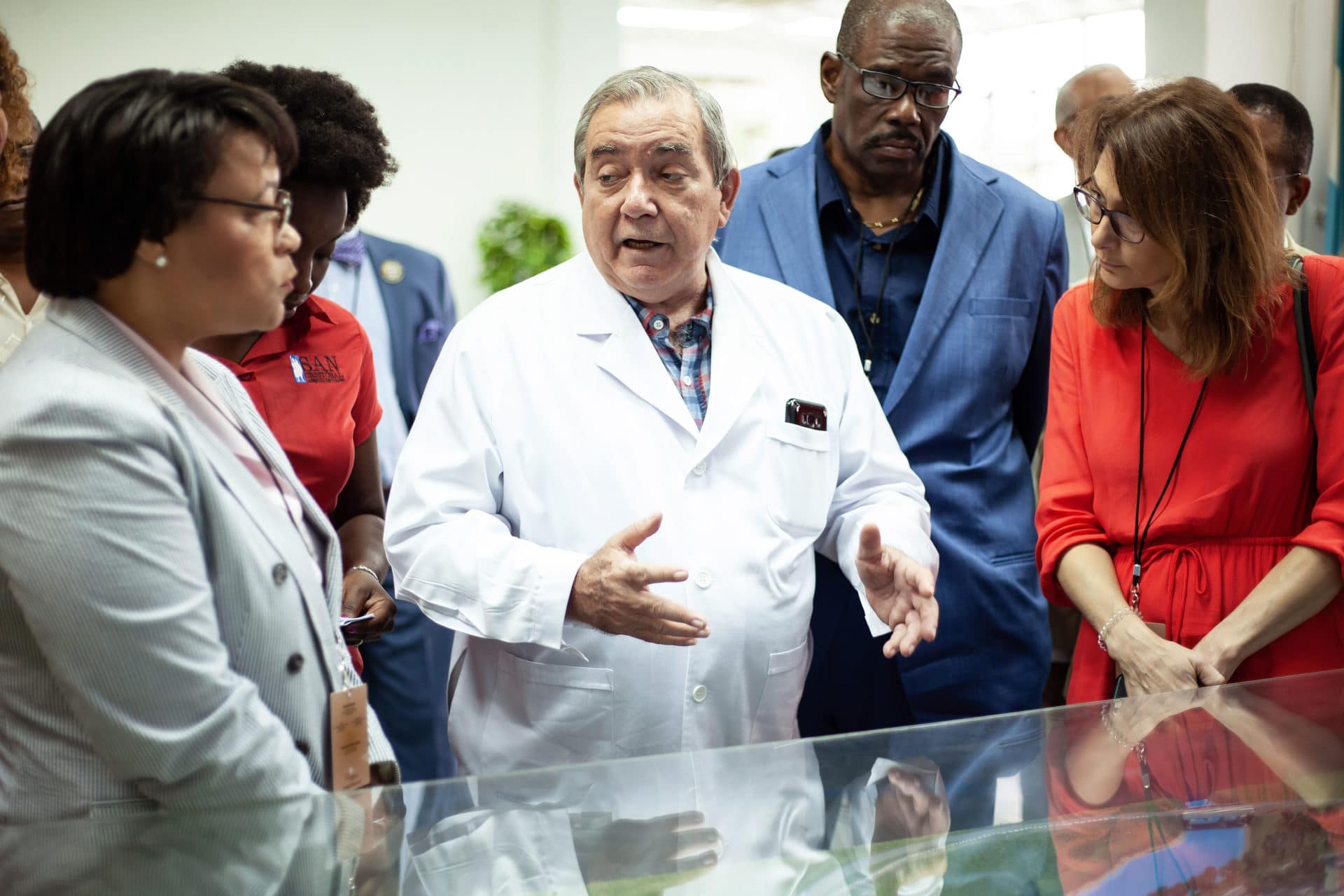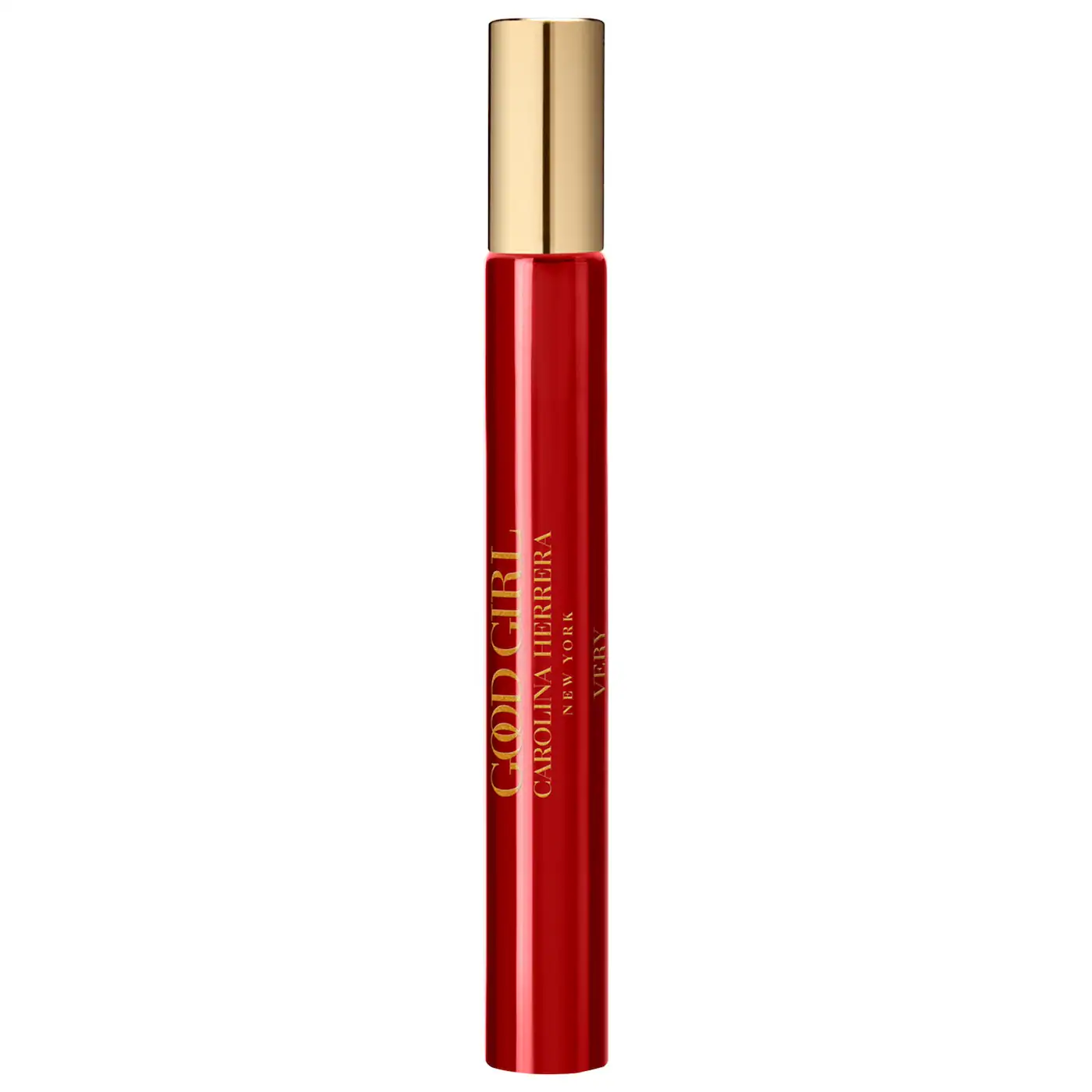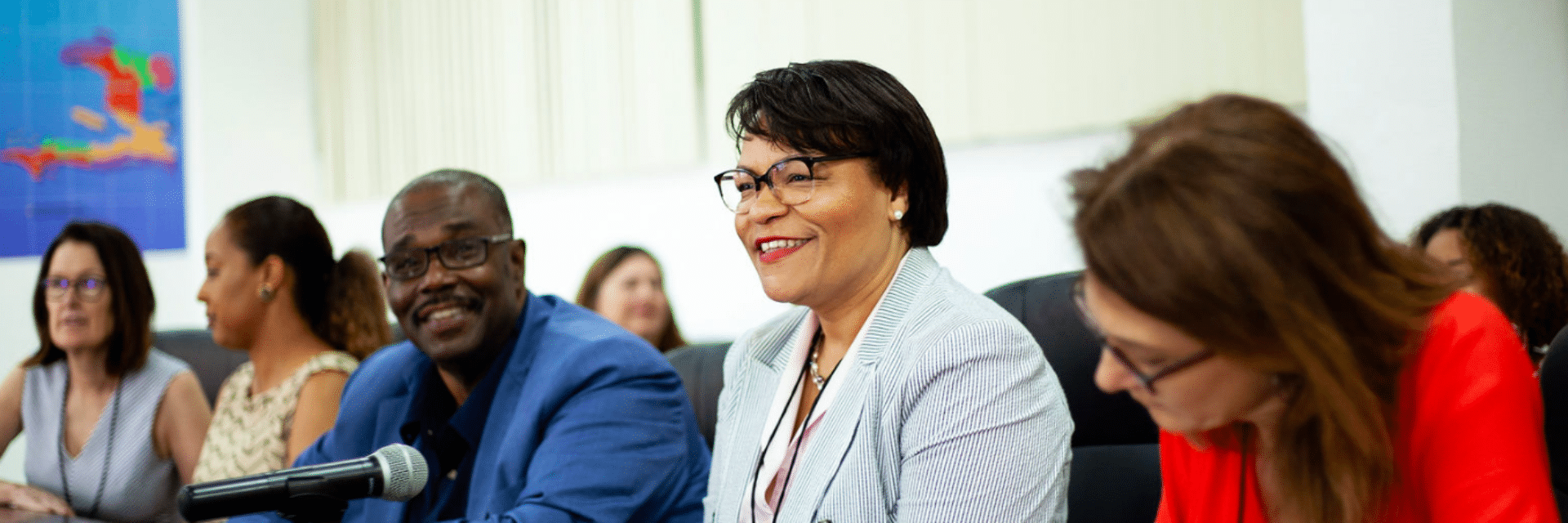The history between the people of Cuba and New Orleans, Louisiana, goes back over 100 years. And on April 2-7, New Orleans Mayor LaToya Cantrell arrived in Havana with a delegation that consisted of educators, politicians, city officials, and business people who all wanted to learn about the Cuban educational and health systems, and about the common ties each city has with one another.
To learn about the ties Cuba has with New Orleans, you have to take a walk through history, starting with the slave trade. New Orleans, known for its ports, purchased a large number of enslaved people from Cuba. The enslaved Africans that were brought to Cuba were then exported to areas like New Orleans and Galveston, Texas. This re-exportation of enslaved people from Cuba to the United States occurred during 1808-1862.
From slavery to trade, the easily accessible port in New Orleans proved to be beneficial to Louisiana and Cuba by promoting commerce between both areas. This history between New Orleans and Cuba is something that still has a huge influence on the southern U.S. city—from its architecture to its cuisine and language.
As part of Mayor Cantrell’s trip to Havana and Matanzas, Cuba, she met with various government officials and spoke on topics ranging from education to health care. In a country that has a higher literacy rate than the U.S., and a free health care system for the country’s inhabitants, Mayor Cantrell’s main goal was to take what she learned in Cuba back to New Orleans, then use that knowledge to enrich the lives of her own constituents.
“The connection between New Orleans and Cuba is real. The culture, food, and our people have their souls rooted in community,” Mayor Cantrell told ESSENCE.
“The historic architecture, music, expressions of dance. Passion and pride. The leadership is willing to and is interested in creating a sister-city partnership that will be aligned with some of our top priorities around education, healthcare, culture, trade, and economic development,” Cantrell continued.

The delegation that participated in the trip, which was organized by Abril Baloney Sutherland, Esq., president of Diaspora Travel Experience, openly discussed the U.S. embargoes on Cuba—and the potential for an enriched relationship with Cuba once the embargoes are lifted once again.
“The U.S. embargo makes access to basic goods and materials difficult in Cuba,” Sutherland told ESSENCE. “Basic items such as school supplies, athletic equipment for kids, toiletries, food products, medical equipment, medications, biotechnology, and much-needed construction materials and equipment, to name just a few, are out of reach for most people.”
“Although the revolutionary government vowed to eradicate racism by providing the same quality of education and medical access to all of its citizens, regardless of race, disparities still persist,” Sutherland insisted.
“And, the U.S. embargo disproportionately affects Black Cubans who have historically occupied the bottom rungs of society—a vestige of colonialism and centuries of social and economic exclusion,” she added.

There are plenty of things that the U.S. could emulate from Cuba’s educational system. For example: In Cuba, children as young as one-year old are able to enroll in school, which is something that children in the United States don’t have access to until they’re in kindergarten—or, if they’re lucky, a year earlier if they’re eligible for pre-K.
Mayor Cantrell hopes to cultivate partnerships in all aspects of education, from primary to secondary and collegiate. Although it took Cuba 50 years to achieve their current literacy rate of 99.6%, Mayor Cantrell sees the accomplishment as something that can also be done in New Orleans, and she plans on creating educational exchange programs with Cuba.
During the trip, Mayor Cantrell and her delegation visited the University of Havana and met with Dr. Miriam Nicado García, the first Black person and the first woman to preside over the university. The delegation also visited the Latin American School of Medicine (ELAM), which was established in 1999 after a series of natural disasters left much of Central America and the Caribbean in dire need of health care.
“I believe that I can develop internship and exchange programs to benefit students at the University of Havana, the Latin American School of Medicine, Dillard, Xavier, Southern, UNO, along with Delgado Community College in the areas of Bio-Science, Social Science, Technology, Language, Literacy, Music, and Culinary Arts,” Cantrell told ESSENCE.
“As a leader, I was inspired. The Literacy Campaign made my fire inside burn deeper. As Mayor, I must plant seeds that will grow and foster social and economic mobility for the people I serve, even if the seed does not mature under my leadership,” the mayor continued.
When it comes to healthcare, Mayor Cantrell feels the community-based healthcare model is one that can benefit the people of New Orleans.
“There is a need in the New Orleans medical community to embrace the culture and values of the people and show compassion and care. We have alarming rates of infant mortalities, Hep C, chronic illness across the board,” Mayor Cantrell stated.
Many delegation participants agreed with Mayor Cantrell on her efforts to create a relationship between New Orleans and Cuba.
“The mayor is right to build upon the successes of Governor Edwards’ trip to Cuba and to continue to build a relationship with the Port of Havana especially,” Iam Tucker, president of Integrated Logistical Support Incorporated, stated.
“The close proximity of the two cities is very favorable for trade upon cancellation of the US-Cuba embargo,” Tucker added.
Mayor Cantrell definitely isn’t the first Louisiana government official to make the trip to Cuba, but for some reason, her trip was met with more scrutiny than former New Orleans Mayor Mitch Landrieu’s trip in 2016. Many questioned if the trip was funded by taxpayer’s money, but those members of the delegation that were not part of the mayor’s office were responsible for their own travel expenses.







When asked if she felt she’s been treated fairly about the trip, Mayor Cantrell didn’t mince her words. “I have not received the benefit of the doubt from the media since the beginning of my tenure as Mayor,” she said.
As a woman of her word, Mayor Cantrell isn’t going to let this trip to Cuba go to waste. She plans on drafting an agreement with Cuba within the next 6 weeks.
“Fostering a relationship between Muriel Port and the Port of New Orleans is something I want to build on. It is not a matter of if, it’s when the embargo is lifted. At such time, it is my hope that New Orleans will be prepared to execute imports especially. New Orleans was once Cuba’s largest trading partner before the revolution and we can make that a reality again,” she said.



